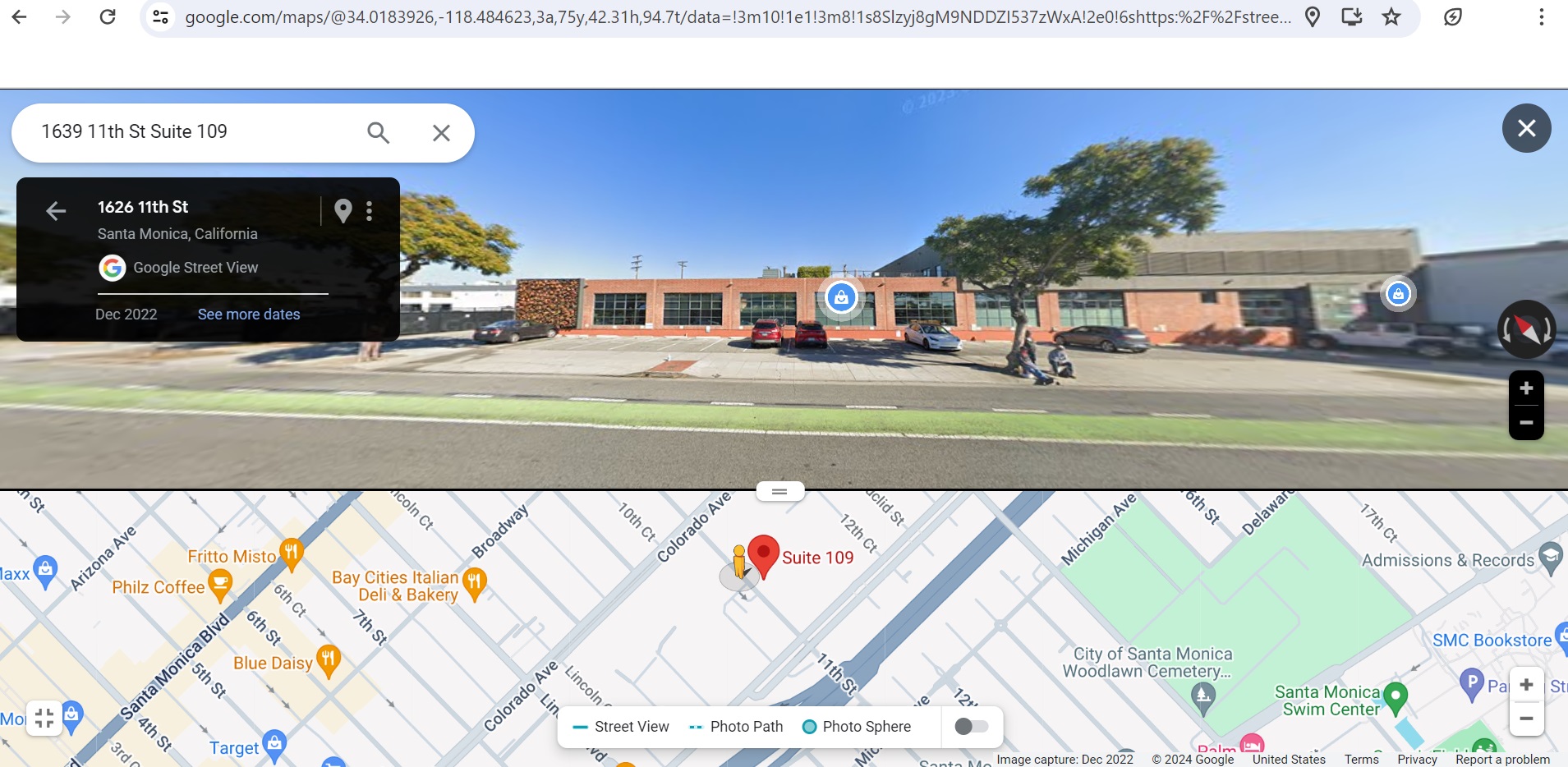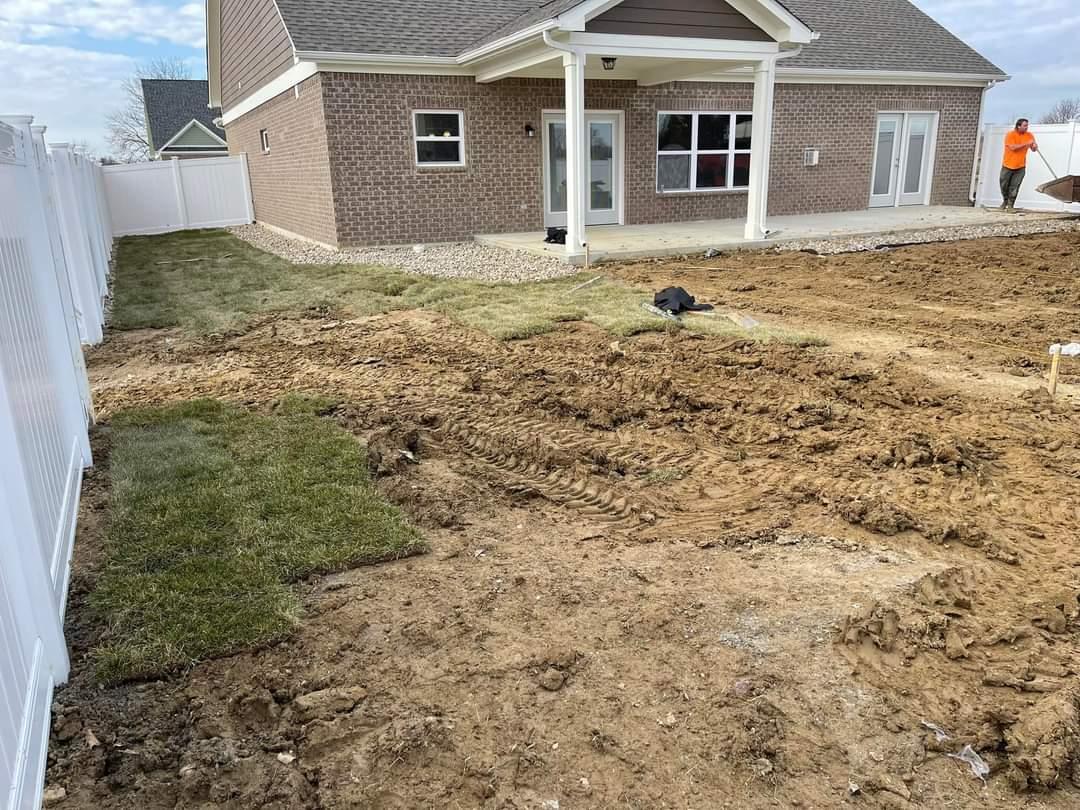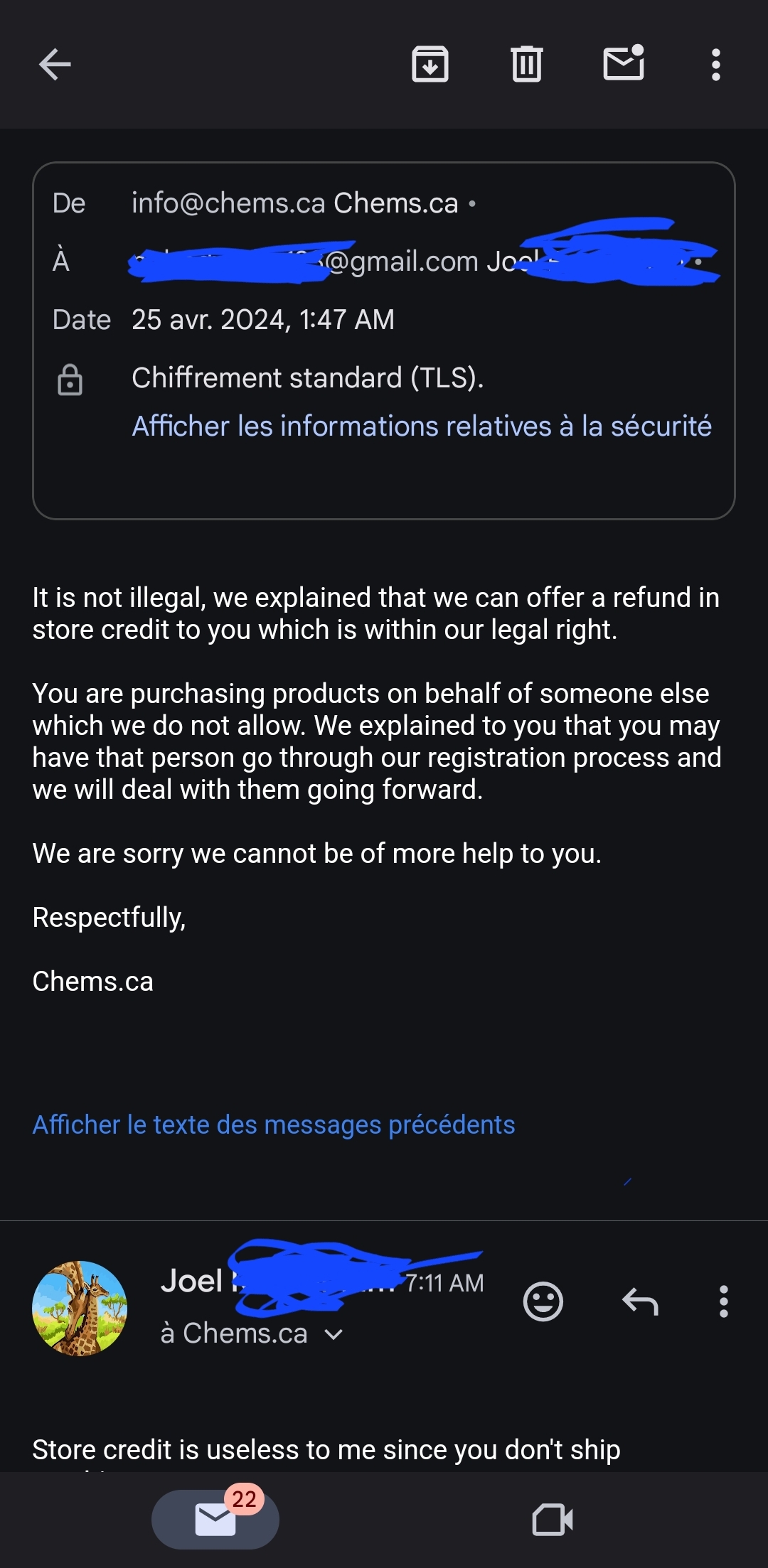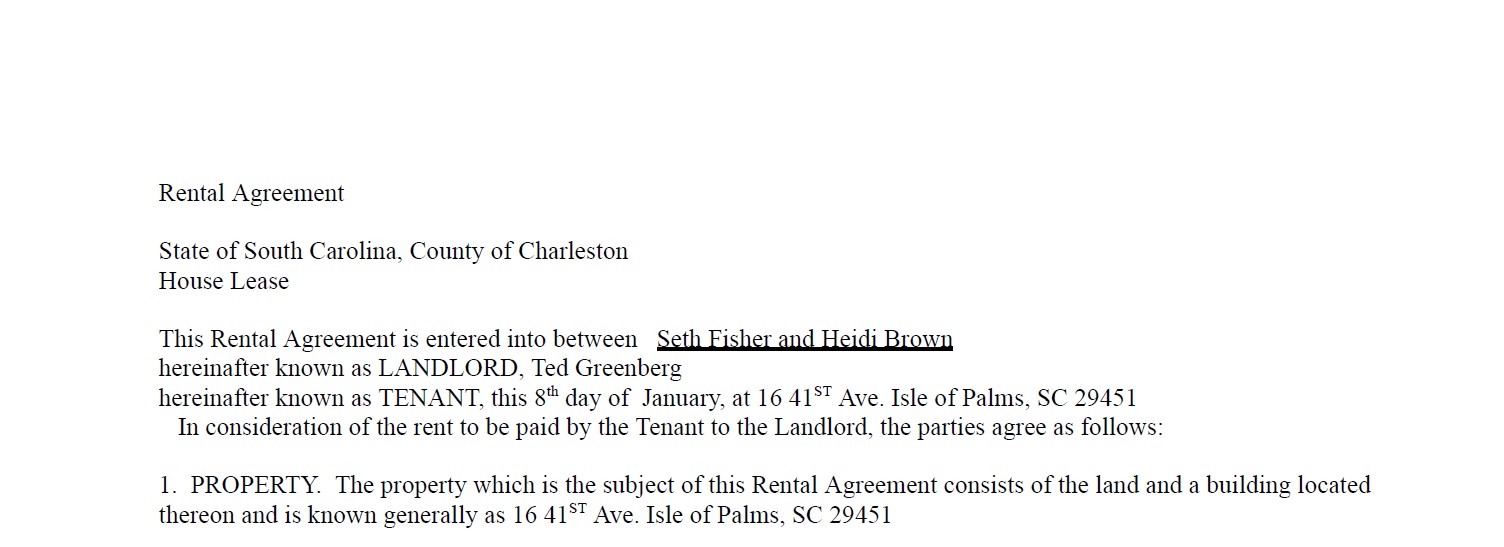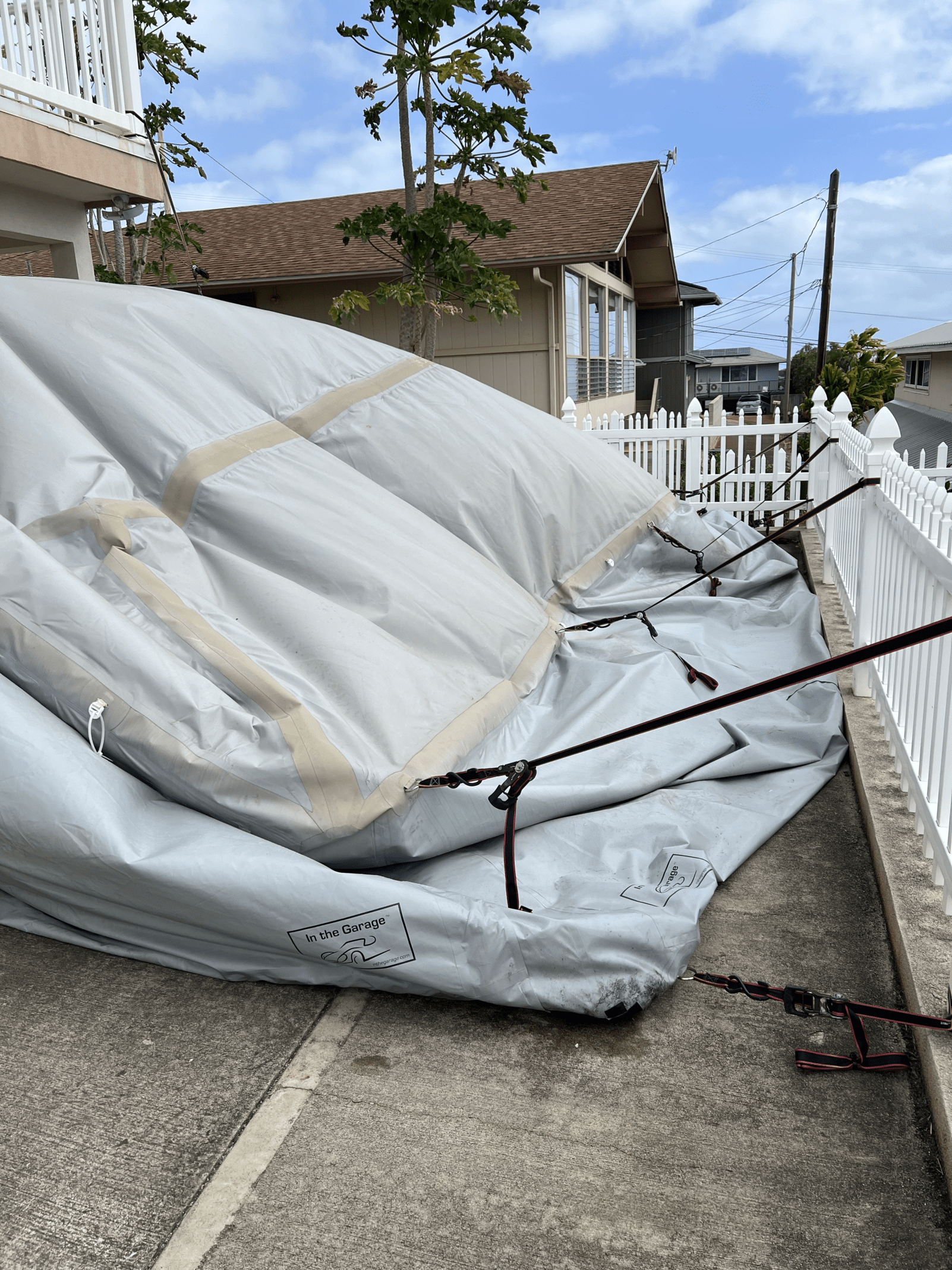- Report: #1319
Bank One
Nationwide Nationwide, U.S.A.
Web:
N/A
Categories:
Borrower Beware!
This is in response to the posting on 2/06/2000 regarding Bank One Mortgage. I am a former Bank One Employee, (having left for non-payment of commissions totalling over $20,000.00). I would like to clarify a couple of things, (but in no way am I trying to defend Bank One). As a Mortgage Loan Officer for many years, I am well versed in this subject. The concept of the monthly payment being insufficient to pay the accrued interest and a portion of the principal, is called a "negative-amortization" loan. Typically, this type of loan allows a borrower to purchase, (or refinance), a home and have a lower monthly payment. This can be good for either a first time buyer, or someone who has experienced a reduction of income. There is however, a catch. It creates a shortage of principal reduction, creating a balloon payment at the end of the mortgage term. The concept is that during the term of the loan, a borrower would refinance again, given that their income would increase, making a higher monthly payment possible. Long-term, this is obviously more costly, but in some cases it is a solution to a problem that other, conventional financing would not accomplish.
In regards to the comment that the "real percentage rate" was buried in the paperwork... this is correct and incorrect. There are two terms you should become familiar with. APR, Annual Percentage Rate), and RPA, (Rate Per Annum, commonly referred to as "Note Rate").Let's look at the two rates...
RPA or Note Rate, This is the rate that is charged based on the amount that you borrow, the term of the loan, and what your credit score dictates, (also the percentage of the value of the home, that you are borrowing).
APR, this is the rate you are charged when you finance-in other expenses that the lender will charge, like points, processing costs, closing costs, title policies, appraisals, etc. When these costs are added to the loan amount, a "Total Amount Financed" is arrived at. It is the total amount financed that is reflected in the APR. Where the rub, (or confusion occurs), for the borrower is this. The Loan Officer will try to "hook" or sell the customer by quoting the "Note-Rate" to the customer, because it is the lower figure, (most lenders publicly frown on this practice, but do little to discourage the practice among their employees).
HERE'S HOW TO PROTECT YOURSELF.....
FIRST, always demand from the Loan Officer to disclose both the RPA, (Note-Rate), and the APR, during your initial conversation.
SECOND, (this is the important step). Under Federal Law, your lender MUST disclose two critical documents, (among others). They are required to do so under two Acts of Congress. HMDA, (Home Mortgage Disclosure Act), and RESPA, (Real Estate Settlement Proceedures Act). HMDA requires a lender to send a "Good Faith Estimate" within three business days of your first applying for a loan. This estimate, (or GFE), will list items that the lender MAY charge. Usually it is computer generated, and may include charges that you would not incur, but at least you have an estimate of closing costs and other related fees. You are asked to sign one copy and return it to the lender. THIS DOES NOT OBLIGATE YOU IN ANY WAY. The lender needs to be able to demonstrate to the auditors, (both internal and external), that they are sending these estimates to their customers. Your signing and returning this document only acknowledges that you received it. Be sure to keep your copy for your records! Remember, this is only an estimate, the actual closing costs can change based on several factors, but if they do, the lender MUST re-disclose the new amounts, again within three business days of any change. HERE'S THE BIGGIE...Within 24 hours prior to signing, you are entitled to see an EXACT copy of two documents you will sign. The easiest to read, is the Settlement Statement, (or HUD-1). This document lists all the amounts that are paid from the loan proceeds, and to whom they are paid.
The second document is the "NOTE'. this document is the actual loan document that obligates the lender to lend, and the borrower to repay. REVIEW THIS DOCUMENT CLOSELY AND TAKE YOUR COPY TO CLOSING WITH YOU so you can make sure there have benn no changes, either accidentally or on purpose. This document shows the following important information.
A. The amount you are borrowing.
B. The ANNUAL PERCENTAGE RATE. (APR), (the higher of the two rates previously discussed).
C. The schedule of payments, the first payment amount and its due date, the remaining payments and their due date, and in some cases, the final payment and its due date. If the loan is a negative amortization loan, the "NOTE" will also disclose a "balloon payment" if any, that would be due at the end of the loan term.
Usually, these are the most common items that you should be concerned with. The "NOTE" consists of several pages or rights and obligations of both parties, and you should at least read them through and QUESTION ANYTHING you are not sure of. DO NOT sign anything you are not comfortable with. Make sure you leave the closing with an exact copy of EVERTHING that you sign or are shown. also, request in advance that the lender provide you a complete copy of your appraisal, complete with all pages including pictures. at the time of closing. Tell your lender you will not close without receiving your appraisal, (if you change your mind, another lender may use your appraisal, thus avoiding the hassle or expense of obtaining a new one), Occasionally an appraiser may charge $50.00 - 75.00 to re-certify your appraisal for another lender.
If your loan is for a refinance, (whether to reduce your existing rate, or take cash out for whatever reason), you have a 3 day right of recission, which gives you 3 business days to have
your documents reviewed by a third party. If you are satisfied, do nothing, and your loan will fund on the fourth business day. If you are not satisfied, NOTIFY YOUR LENDER IN WRITING, THAT YOU WISH TO CANCEL YOUR LOAN AND HAND DELIVER IT. MAKE THEM SIGN AND DATE A COPY NOTING THAT THEY RECEIVED IT WITHIN THE THREE BUSINESS DAYS AND YOUR LOAN WILL BE CANCELLED. Generaaly speaking, you will not have any expenses in cancelling your loan except for paying for your appraisal if you received a copy and the lender paid the appraiser, (or just return the appraisal to the lender). The lender cannot charge fees like processing and the like if you cancel your loan.
The bottom line is this..... BE PREPARED AND INFORMED, DON'T SIGN ANYTHING YOU ARE NOT COMFORTABLE WITH AND REVIEW EVERTHING YOU SIGN. REMEBER, IF IT IS NOT IN WRITING, IT DOESN'T COUNT!
PS. I am not an attorney, this is only my advise as a concerned individual with several years of experience. Do not accept this as legal advise, it is not. I am providing this information only to help you understand what the process entails, and where to look for important details about your loan. As far as Bank One is concerned, use your best judgement. Due to the fact that I have filed suit against them to recover my unpaid commissions, I will withold my personal opinions for now.
If you have a question I can answer, you can email me at [email protected] and I will do my best to assist you.
In regards to the comment that the "real percentage rate" was buried in the paperwork... this is correct and incorrect. There are two terms you should become familiar with. APR, Annual Percentage Rate), and RPA, (Rate Per Annum, commonly referred to as "Note Rate").Let's look at the two rates...
RPA or Note Rate, This is the rate that is charged based on the amount that you borrow, the term of the loan, and what your credit score dictates, (also the percentage of the value of the home, that you are borrowing).
APR, this is the rate you are charged when you finance-in other expenses that the lender will charge, like points, processing costs, closing costs, title policies, appraisals, etc. When these costs are added to the loan amount, a "Total Amount Financed" is arrived at. It is the total amount financed that is reflected in the APR. Where the rub, (or confusion occurs), for the borrower is this. The Loan Officer will try to "hook" or sell the customer by quoting the "Note-Rate" to the customer, because it is the lower figure, (most lenders publicly frown on this practice, but do little to discourage the practice among their employees).
HERE'S HOW TO PROTECT YOURSELF.....
FIRST, always demand from the Loan Officer to disclose both the RPA, (Note-Rate), and the APR, during your initial conversation.
SECOND, (this is the important step). Under Federal Law, your lender MUST disclose two critical documents, (among others). They are required to do so under two Acts of Congress. HMDA, (Home Mortgage Disclosure Act), and RESPA, (Real Estate Settlement Proceedures Act). HMDA requires a lender to send a "Good Faith Estimate" within three business days of your first applying for a loan. This estimate, (or GFE), will list items that the lender MAY charge. Usually it is computer generated, and may include charges that you would not incur, but at least you have an estimate of closing costs and other related fees. You are asked to sign one copy and return it to the lender. THIS DOES NOT OBLIGATE YOU IN ANY WAY. The lender needs to be able to demonstrate to the auditors, (both internal and external), that they are sending these estimates to their customers. Your signing and returning this document only acknowledges that you received it. Be sure to keep your copy for your records! Remember, this is only an estimate, the actual closing costs can change based on several factors, but if they do, the lender MUST re-disclose the new amounts, again within three business days of any change. HERE'S THE BIGGIE...Within 24 hours prior to signing, you are entitled to see an EXACT copy of two documents you will sign. The easiest to read, is the Settlement Statement, (or HUD-1). This document lists all the amounts that are paid from the loan proceeds, and to whom they are paid.
The second document is the "NOTE'. this document is the actual loan document that obligates the lender to lend, and the borrower to repay. REVIEW THIS DOCUMENT CLOSELY AND TAKE YOUR COPY TO CLOSING WITH YOU so you can make sure there have benn no changes, either accidentally or on purpose. This document shows the following important information.
A. The amount you are borrowing.
B. The ANNUAL PERCENTAGE RATE. (APR), (the higher of the two rates previously discussed).
C. The schedule of payments, the first payment amount and its due date, the remaining payments and their due date, and in some cases, the final payment and its due date. If the loan is a negative amortization loan, the "NOTE" will also disclose a "balloon payment" if any, that would be due at the end of the loan term.
Usually, these are the most common items that you should be concerned with. The "NOTE" consists of several pages or rights and obligations of both parties, and you should at least read them through and QUESTION ANYTHING you are not sure of. DO NOT sign anything you are not comfortable with. Make sure you leave the closing with an exact copy of EVERTHING that you sign or are shown. also, request in advance that the lender provide you a complete copy of your appraisal, complete with all pages including pictures. at the time of closing. Tell your lender you will not close without receiving your appraisal, (if you change your mind, another lender may use your appraisal, thus avoiding the hassle or expense of obtaining a new one), Occasionally an appraiser may charge $50.00 - 75.00 to re-certify your appraisal for another lender.
If your loan is for a refinance, (whether to reduce your existing rate, or take cash out for whatever reason), you have a 3 day right of recission, which gives you 3 business days to have
your documents reviewed by a third party. If you are satisfied, do nothing, and your loan will fund on the fourth business day. If you are not satisfied, NOTIFY YOUR LENDER IN WRITING, THAT YOU WISH TO CANCEL YOUR LOAN AND HAND DELIVER IT. MAKE THEM SIGN AND DATE A COPY NOTING THAT THEY RECEIVED IT WITHIN THE THREE BUSINESS DAYS AND YOUR LOAN WILL BE CANCELLED. Generaaly speaking, you will not have any expenses in cancelling your loan except for paying for your appraisal if you received a copy and the lender paid the appraiser, (or just return the appraisal to the lender). The lender cannot charge fees like processing and the like if you cancel your loan.
The bottom line is this..... BE PREPARED AND INFORMED, DON'T SIGN ANYTHING YOU ARE NOT COMFORTABLE WITH AND REVIEW EVERTHING YOU SIGN. REMEBER, IF IT IS NOT IN WRITING, IT DOESN'T COUNT!
PS. I am not an attorney, this is only my advise as a concerned individual with several years of experience. Do not accept this as legal advise, it is not. I am providing this information only to help you understand what the process entails, and where to look for important details about your loan. As far as Bank One is concerned, use your best judgement. Due to the fact that I have filed suit against them to recover my unpaid commissions, I will withold my personal opinions for now.
If you have a question I can answer, you can email me at [email protected] and I will do my best to assist you.








